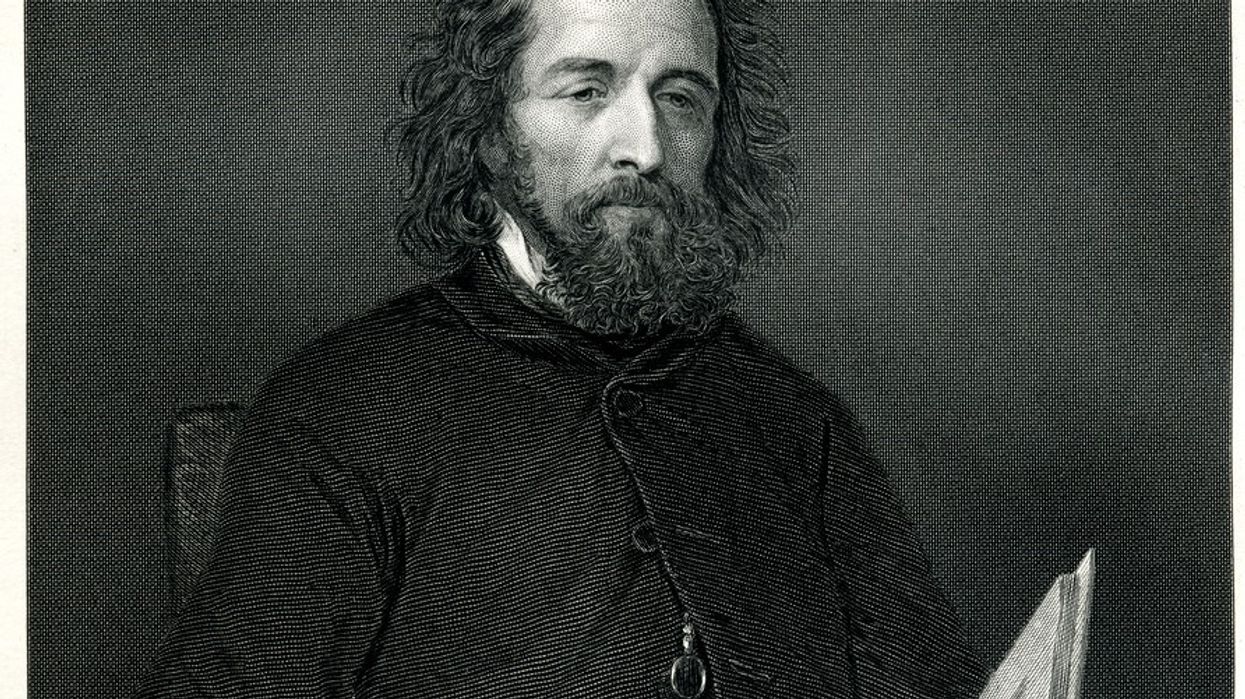Academics at the University of Lincoln have branded the Victorian poet laureate, Lord Tennyson, as “problematic” because of his "support for British imperialism".
During a recent “decolonisation tour” of the university’s buildings attended by some 150 students, the “offensive views” of some of the historical figures featured on campus were highlighted.
A plaque erected on a campus building named after the Lincolnshire-born literary giant says he “strongly supported British imperial rule” and his poems “seem to confirm the dominant beliefs at the time about faith, gender, British identity".
According to it, Lord Tennyson who believed “Africans and Asians were ‘children’ without visualisation and history” was “obstinate” in his “support of British imperialism”.
The plaque that aims to enhance 'equality and inclusion' tells visitors that the 19th century poet was in support of Jamaica’s governor Edward Eyre, who “unleashed a reign of terror against black Jamaicans”.
English mathematician and physicist Sir Isaac Newton was among other Lincolnshire-linked historical figures included in the tour.
A staff member of the university said it was the first step to try to rename the university buildings “away from the great historical figures of Lincolnshire history…”
“Unfortunately, I cannot speak up without the defenders of this woke nonsense trying to get me fired,” the staffer told MailOnline.
However, a spokesman for Lincoln said the university “staunchly” defended “free speech and academic freedom” which are the “essential characteristics of a university.”
Decolonising the curriculum “means re-examining aspects of our history which might be uncomfortable or cut against conventional wisdom,” he said.
“This is itself an exercise of academic freedom which reflects a desire, particularly among new generations, to understand the realities of Britain's colonial legacy and the origins of racism”, the spokesman said, denying it had anything to do with cancel culture.
He said that the university has “no intention of renaming buildings or diminishing the achievements of any greats of our county's proud history."
The plaque issue comes amid controversy over academics at the University of Warwick branding Sir Walter Scott’s novel Ivanhoe as “offensive” for its portrayal of racial minorities.
Last year, Sir Newton was the target of the decolonisation of the engineering curriculum at Sheffield University. He had invested in the South Sea Company, involved in supplying slaves to Spanish colonies.
Victorian poet laureate Lord Tennyson branded as ‘problematic’ due to his support for ‘British imperialism’
He “strongly supported British imperial ruleâ€� and his poems “seem to confirm the dominant beliefs at the time about faith, gender, British identity”.




